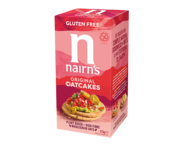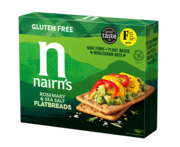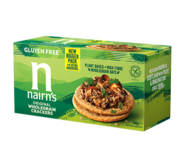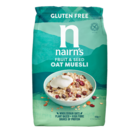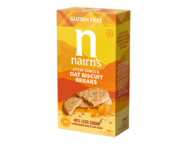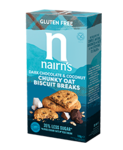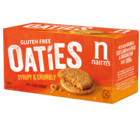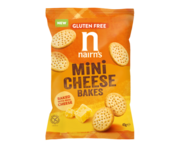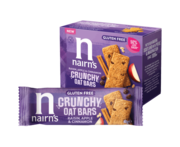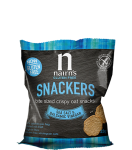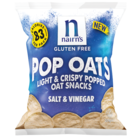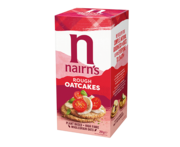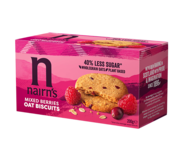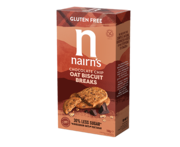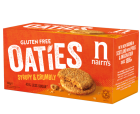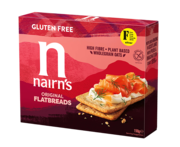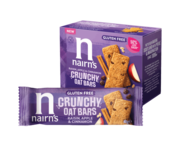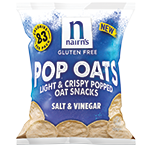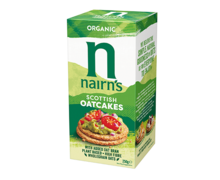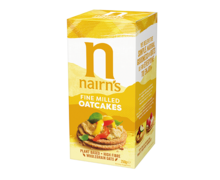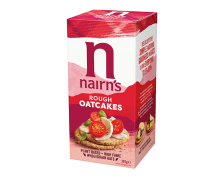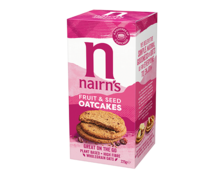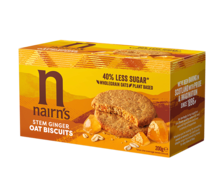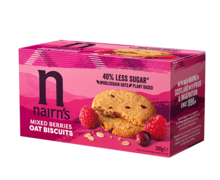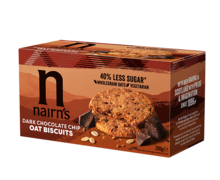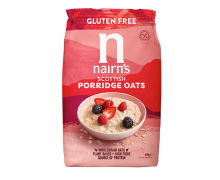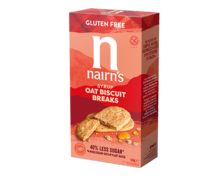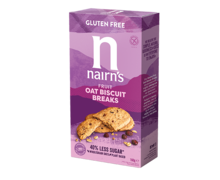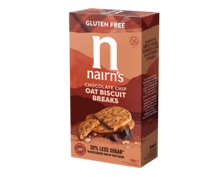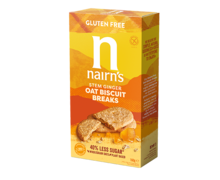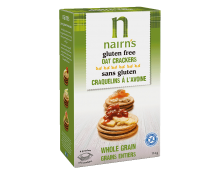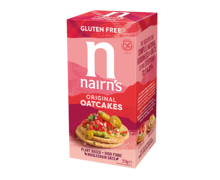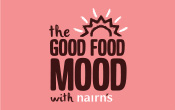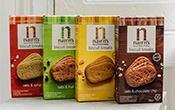
We all associate food with emotions. A bowl of porridge can be comforting, a sweet treat can bring joy, and a roast dinner cooked by mum can make us feel loved. These emotions are an important part of the eating experience, but they’re largely culturally driven.
In addition to its social and cultural power, food also affects our emotions on a deeper, biochemical level. Food is our fuel, but it also acts as information. The nutrients carry important messages to our cells, telling them which processes to carry out.
This, in turn, affects our hormones, our neurotransmitters, and even our gut bacteria—all of which come together to influence our mood. Let’s look at each in a little more detail.
Food, mood and hormones
Eating releases a cascade of hormones, one of which is called insulin. This hormone has an important job: it takes sugar from the bloodstream and puts it into cells, so they can carry out their functions. When everything is in balance, this works well—and a person feels consistently energised.
However, when a person eats high-sugar, low-fibre food (think sweets and fizzy drinks), lots of insulin is released. This can end up causing a dip in blood sugar, which can make a person feel tired, fatigued and even irritable. We’ve all experienced that mood and energy low half an hour after eating a chocolate bar!
The solution is to eat foods that are high in fibre and low in sugar, as this keeps both our insulin and blood sugar in the happy-mood range. Nairn’s Scottish Porridge Oats are a particularly good choice: they provide an impressive 4g fibre per serving, but have very little sugar. Try using them to make that comforting bowl of porridge or, for a cooler option, you can pop a couple of tablespoons of oats into your morning smoothie.
Food, mood and neurotransmitters
Neurotransmitters are little chemical messengers that act in your brain (and beyond), and they play a key role in your emotions. The body is constantly making new neurotransmitters, but do you know where the raw materials come from?
You guessed it: your food.
Certain neurotransmitters—such as serotonin and dopamine—are responsible for making us feel calm and happy. We therefore need to make sure we’re eating the right food to support the production of these neurotransmitters.
First things first, make sure you eat enough protein. Certain types of protein contain the amino acid tryptophan, which provides the raw material for serotonin—otherwise known as the ‘feel good’ chemical. Good tryptophan-rich sources of protein include turkey, eggs and nuts.
But here’s the secret: we make serotonin more effectively when we eat tryptophan with a form of carbohydrate. That means that eating your turkey slices with a couple of Nairn’s Oatcakes, or stirring a handful of nuts into your porridge, can further help you to feel good. As an added bonus, this clever combination of protein and carbohydrate also helps to balance you blood sugar (see the point above!).
Food, mood and gut bacteria
The world of our microbiome—the mass of bacteria, viruses, fungi and other microorganisms that live in our guts—is a new and exciting area of research. There’s still lots more to discover, but what we know so far is that our brains and our guts are talking all the time.
What’s particularly fascinating about this is that the messages are going both ways. Your brain talks to your gut (have you ever had ‘butterflies in your stomach’ when you feel nervous?) but your gut also talks to your brain—meaning your gut can affect your mood. Science backs this up, as studies show that those who suffer from IBS are more likely to experience depression.
If we want to sustain a good mood, it’s therefore critical that we look after our gut health. And a key part of this is making sure we cultivate a healthy, diverse microbiome.
To nurture your good bacteria, you want to make sure you’re eating a wide selection of foods that contain prebiotic fibre—your good bacteria’s preferred fuel source! Each day, aim to incorporate one or more of these prebiotic-rich foods into your meals: onions, beans, Nairn’s Scottish Porridge Oats, beetroot and/or garlic.
Food and mood: the summary
As you can see, the food we eat influences our mood through many cellular mechanisms. The science is complicated—but eating healthily doesn’t have to be!
Simply focus on fresh, wholesome foods. For each meal or snack, include protein, healthy fats and low-GL forms of carbohydrate such as Nairn’s Oatcakes.
Celebrate your meals, and eat in the company of other people. Relax and chew your food thoroughly. In embracing both the cultural and biochemical power of good food, you can help to boost your gut health and your mood!


